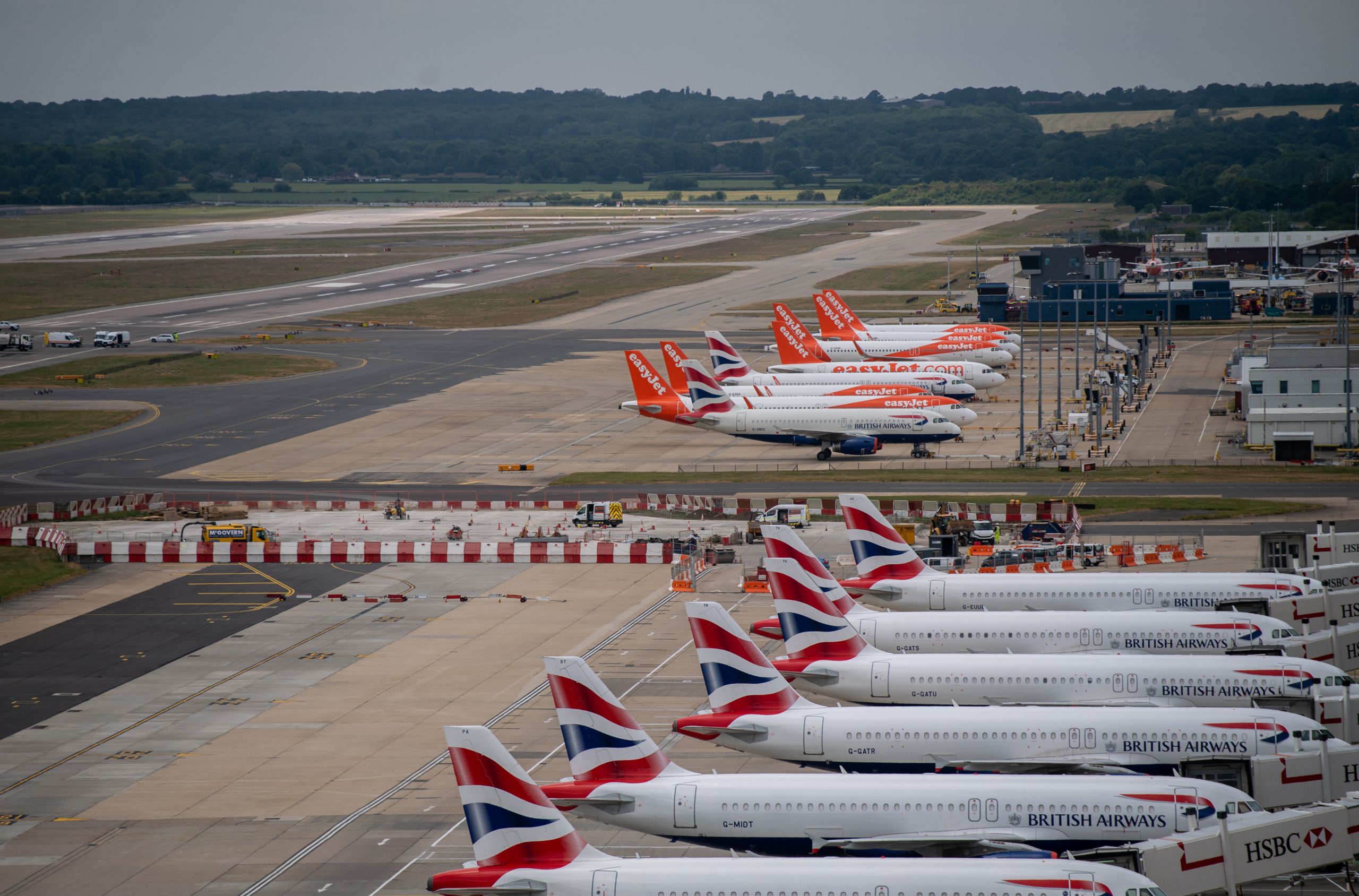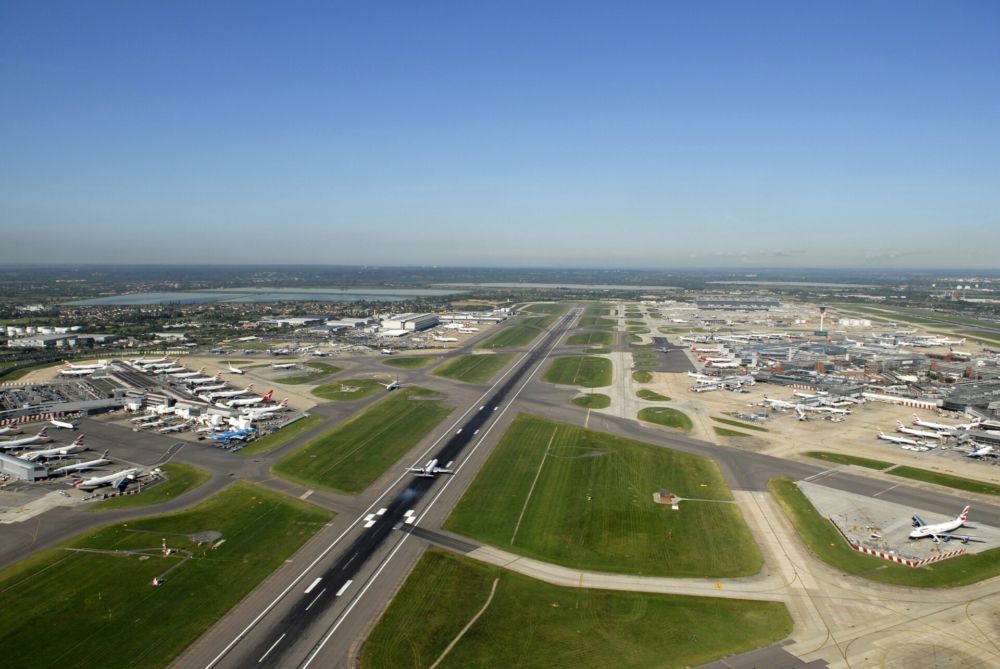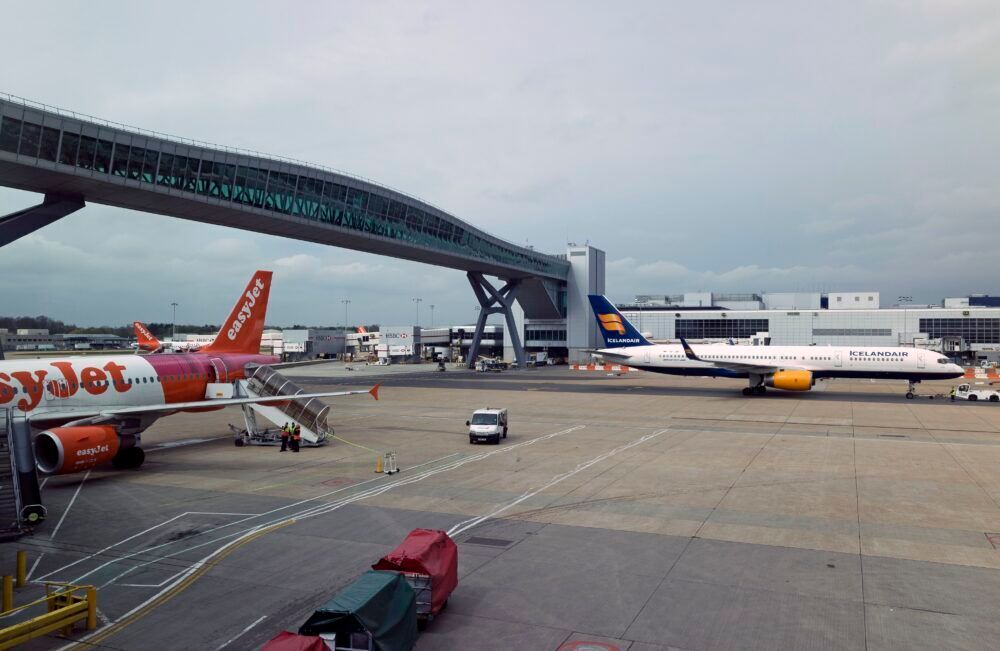Airports have had a difficult last couple of years coming to terms with the impacts of coronavirus. At London Gatwick (LGW), annual passenger figures fell from more than 45 million to 10 million due to the crisis. However, as the airport has navigated the tricky waters of COVID-19, it has remained consistent by keeping airline charges flat in real terms.
A hot topic in the UK
Airport charges became a hot topic in the UK last year following high-profile stories on the matter regarding London Heathrow. In April 2021, the country's busiest airport got the green light to raise its airline fees on a limited basis. This was seen as a temporary means of helping the two-runway hub to counteract certain losses brought on by COVID-19.
Six months later, LHR made headlines again when it announced further, and more permanent, increases to airline charges, beginning next year. The airport had planned to double the fees, which are typically passed onto passengers in fare increases. However, the UK's Civil Aviation Authority agreed to cap the increases at no higher than 56% by 2023.
Stay informed: Sign up for our daily and weekly aviation news digests.
Gatwick has shown greater consistency
Meanwhile, just around London's M25 motorway, Gatwick Airport has elected to take a more consistent approach to the fees that it charges airlines to use the facility. Its fees were already lower, as Stewart Wingate, its CEO, explained at the 2021 World Aviation Festival:
"Our charges are very competitive. We charge, on average, about £9 [$12.18] per passenger, which is significantly lower than Heathrow."
Of course, the nature of the pandemic could have caused Gatwick to, understandably, raise the charges to generate much-needed extra cash flow. However, Wingate explained that the airport's approach had contrasted with this mindset. He stated that:
"We've managed to keep them flat in real terms. So we haven't increased them at all, in real terms, in 2020 and 2021. In the current consultation that we're doing with our carriers, we're going to keep them flat for 2022 [as well]."
Working with airlines to provide solutions
Gatwick has used the coronavirus pandemic as an opportunity to work with its airlines to provide solutions at a difficult time. For example, it partook in a slot waiver scheme, which protected slots at the airport despite low usage from some airlines. Interestingly, this caused frustration at Wizz Air, who wanted to pick up some of the unused slots.
The facility has also worked with its carriers on the topic of charges. Wingate explains:
"During the course of the pandemic, we've actually [offered discounts] to our airlines in a variety of different ways when the markets have started to open, to try to stimulate growth. (...) We've discounted aircraft parking at the airport as well, so they're well placed to start flying again at the earliest opportunity."
Fostering strong relationships with its airlines will be a key factor in LGW's recovery. With expansion plans in place for the coming years, its strategy could prove a recipe for success.
What do you make of Gatwick's strategy when it comes to airline charges? Have you used the airport during the pandemic? Let us know your thoughts and experiences in the comments.



